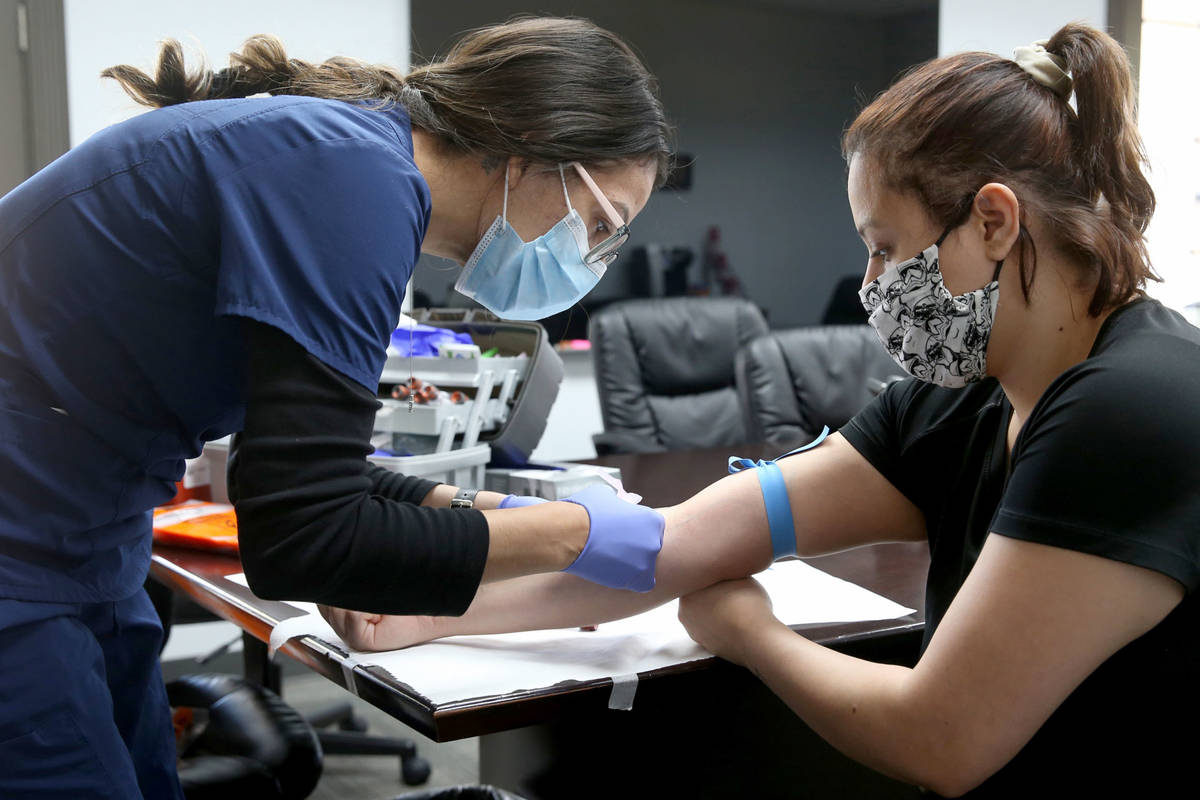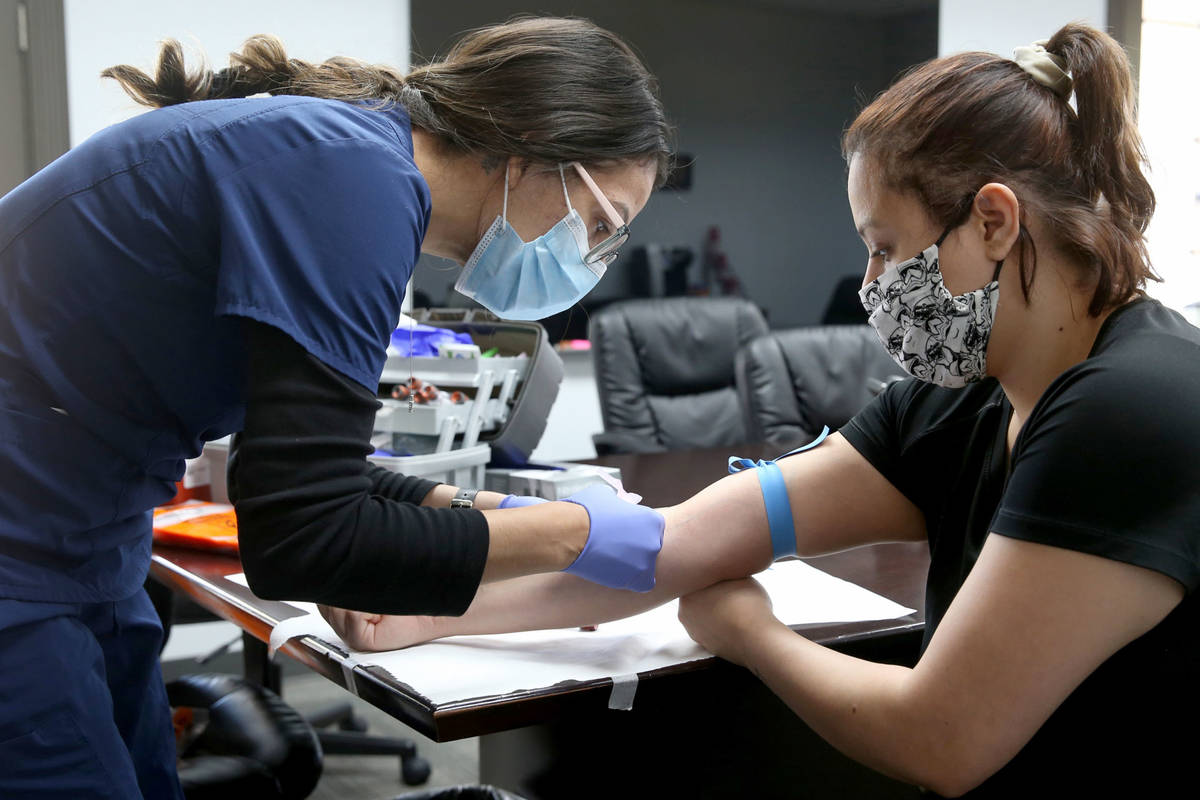WHO wary of notion of ‘immunity passports’
Catching COVID-19 once might not protect you from getting it again, according to the World Health Organization, a finding that could jeopardize efforts to allow people to return to work after recovering from the virus.
“There is currently no evidence that people who have recovered from COVID-19 and have antibodies are protected from a second infection,” the United Nations agency said in an April 24 statement.
The WHO guidance came after some governments suggested that people who have antibodies to the coronavirus could be issued an “immunity passport” or “risk-free certificate” that would allow them to travel or return to work, based on the assumption that they were safe from re-infection, according to the statement. People issued such a certificate could ignore public-health guidance, increasing the risk of the disease spreading further.
Chile was the first country to announce plans to issue immunity cards based partly on antibody tests. This has raised concerns because the tests have proven unreliable elsewhere, and some people might get ill deliberately in order to obtain the card. The U.S. and others have nonetheless said they are looking into the option.
While there’s a consensus that the key to ending the coronavirus pandemic is establishing so-called herd immunity, there are many unknowns. One is whether researchers can develop a safe and effective vaccine. Another is how long people who’ve recovered have immunity; reinfection after months or years is common with other human coronaviruses. Finally, it’s not clear what percentage of people must be immune to protect the “herd.” That depends on the contagiousness of the virus.
The development of immunity to a pathogen through natural infection is a multistep process that typically takes place over one or two weeks. The body responds to a viral infection immediately with a nonspecific innate response in which macrophages, neutrophils and dendritic cells slow the progress of virus and might even prevent it from causing symptoms.
This nonspecific response is followed by an adaptive response where the body makes antibodies that specifically bind to the virus. These antibodies are proteins called immunoglobulins. The body also makes T-cells that recognize and eliminate other cells infected with the virus. This is called cellular immunity.
This combined adaptive response might clear the virus from the body, and if the response is strong enough, might prevent progression to severe illness or re-infection by the same virus. This process is often measured by the presence of antibodies in blood.
Most studies show that people who have recovered from infection have antibodies to the virus, but some of these people have very low levels of neutralizing antibodies in their blood, suggesting that cellular immunity might also be critical for recovery. As of April 24, no study has evaluated whether the presence of antibodies to the virus confers immunity to subsequent infection by this virus in humans.
Laboratory tests that detect antibodies need further validation to determine their accuracy and reliability. Inaccurate immunodiagnostic tests might falsely label people who have been infected as negative or label people who have not been infected are falsely as positive. Both errors have serious consequences and will affect control efforts.
These tests also need to distinguish between past infections from by the new coronavirus and those caused by the known set of six human coronaviruses. Four of these viruses cause the common cold and circulate widely. The remaining two are the viruses that cause Middle East Respiratory Syndrome and Severe Acute Respiratory Syndrome. People infected by any one of these viruses can produce antibodies that cross-react with antibodies produced in response to infection with the novel coronavirus.
Many countries are now testing for antibodies at the population level or in specific groups, such as health workers, close contacts of known cases or within households. These studies will provide data on the percentage of people with detectable COVID-19 antibodies, but most are not designed to determine whether those people are immune to secondary infections.















